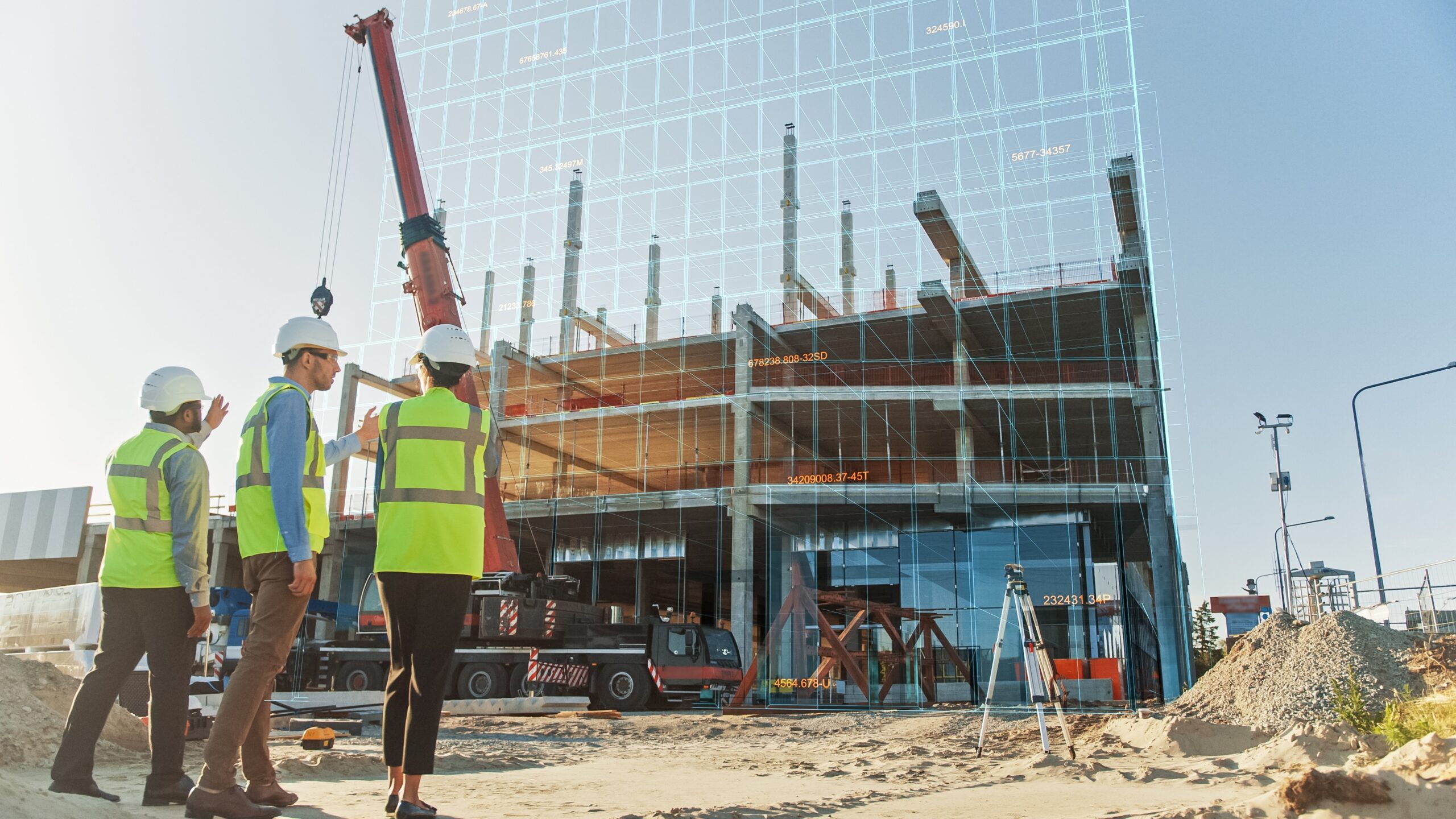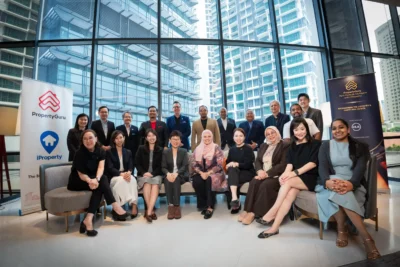News roundup: Impact of design innovation on commercial, residential spaces; other headlines

For PropertyGuru’s real estate news roundup, examining the impact of design innovation on commercial and residential spaces. In other headlines, Malaysia remains a prospective heavyweight in the luxury real estate sector, while rising interest rates and development costs in 2023 have led to constrictions in South Korea’s hotel investment.
The future of architecture: Examining the impact of design innovation on commercial and residential spaces
Innovation is often associated with cutting-edge technology and futuristic concepts such as robotics and AI. But when it comes to architectural design, it’s beneficial to view innovation as reimagining and improving existing materials and technologies.
The real strength of architectural innovation lies in discovering new possibilities within the familiar. Innovative architects possess a thorough understanding of the properties of materials and technologies they already have, enabling them to push boundaries and create groundbreaking designs.
PropertyGuru Singapore goes into how innovative designs shape the future of architecture, particularly as they apply to different commercial and residential spaces.
Malaysia is a potential heavyweight in the market for luxury real estate
Malaysia remains a prospective heavyweight in the luxury real estate sector, according to Enoch Khoo, managing director of Knight Frank Property Hub Malaysia in New Straight Times.
He noted a significant improvement in market conditions compared to a year ago, with inflation largely in check, and anticipates an inevitable reduction in interest rates.
Khoo highlighted the robustness of the labour market, the scarcity of forced sellers, and the mitigated price fluctuations due to constrained housebuilding, as well as the bolstering effect of pandemic savings on certain advanced economies.
Investment in South Korea hotels dipped in 2023; upward trend in converting hotels into offices
Based on new research by international property consultant Colliers, annual total investment in South Korean hotels reached KRW5.8 trillion and KRW5.5 trillion in 2021 and 2022, respectively. The market showed a significant increase from previous average levels, which was KRW2 trillion per year. In 2022, hotel assets exceeded 10 percent in total commercial real estate investment.
As construction companies and developers started to need help finding new development sites for offices or residential facilities in downtown Seoul, they actively purchased existing hotel sites instead.
In the World Property Journal, Colliers says rising interest rates and development costs in 2023 have led to constrictions in hotel investment by existing hotel investors.
Over the past two years, there has been active investment in hotel assets as investors acquired struggling hotels affected by COVID-19 to redevelop them into high-end studio apartments and residential complexes. And there is an increasing trend toward converting hotels into offices, driven by limited supply, robust demand, and stable market flow.
The Property Report editors wrote this article. For more information, email: [email protected].
Recommended
6 reasons Bekasi is rising as Greater Jakarta’s next hotspot
One of Greater Jakarta’s rising stars is prospering, thanks to ample recreation and a contingent of desirable housing projects
6 developments driving Asia’s green real estate shift
Developers are being incentivised to push a green agenda into daring new realms
The Philippines’ LIMA Estate drives sustainable industrial growth
LIMA Estate models a citywide vision that uplifts workers while appealing to climate-conscious employers
Malaysia property market rebounds with foreign interest and growth
The nation’s property market is stirring to life, fuelled by foreign buyers and major infrastructure drives







